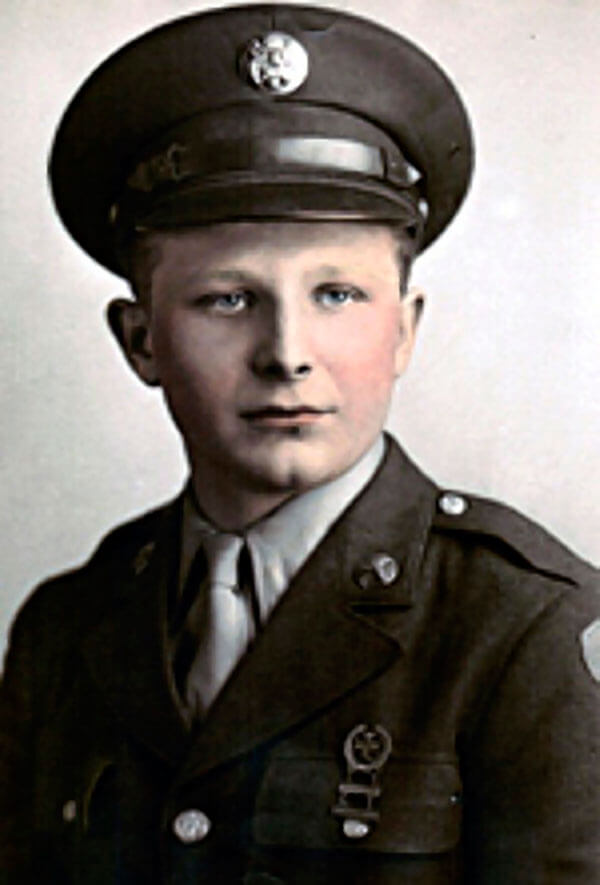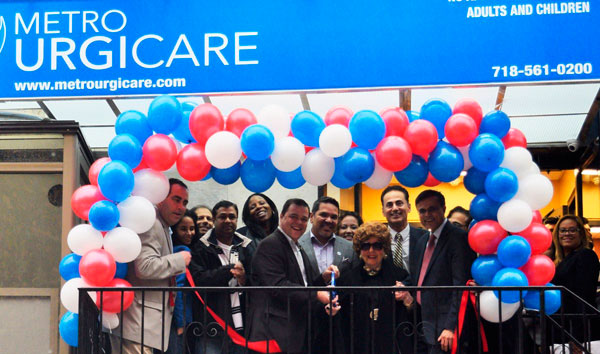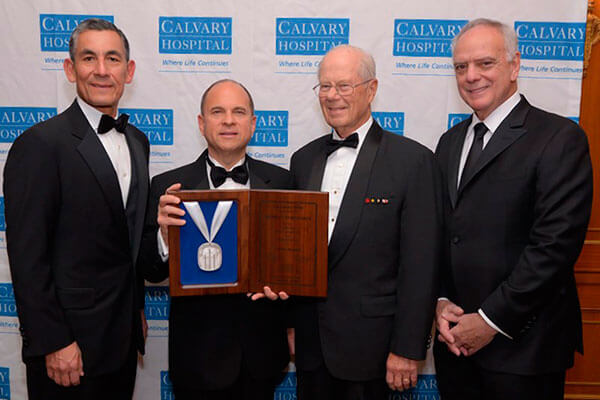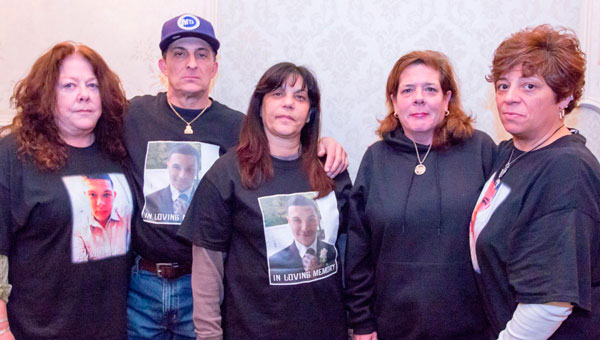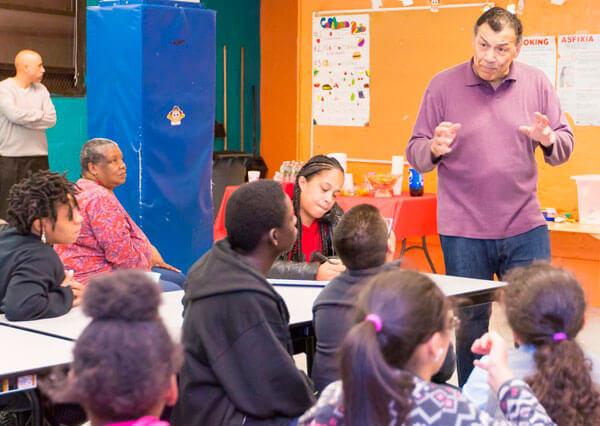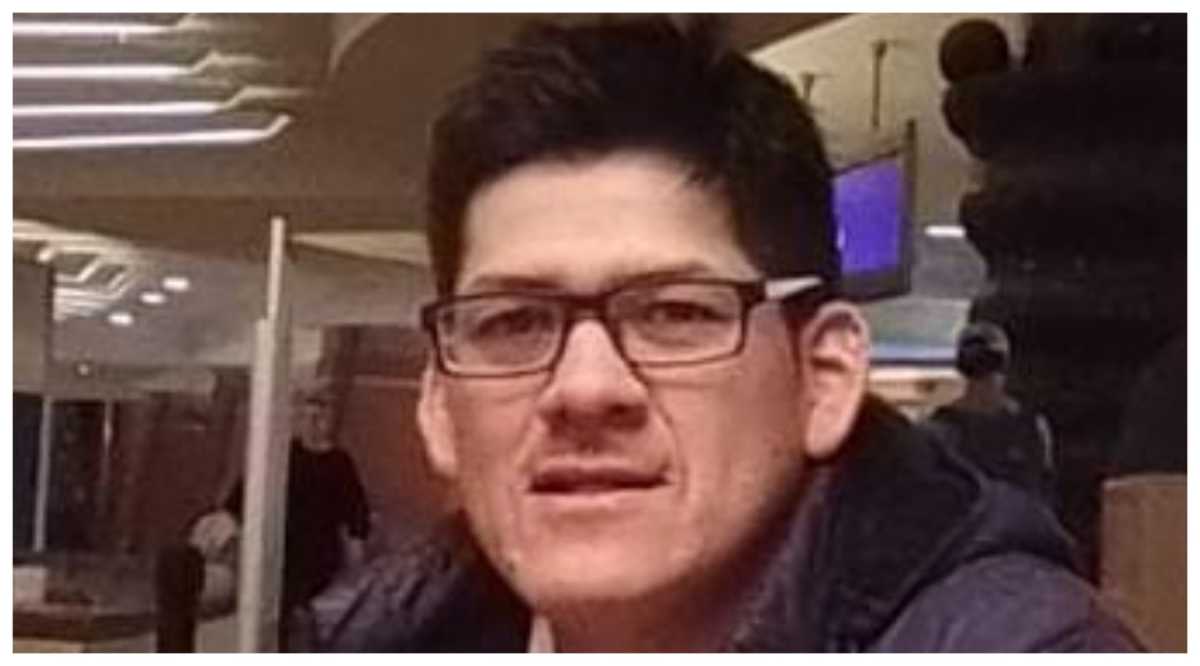‘Quiet, far-away fella’: these are the words that would characterize this man from a distance. However, these words are far from the real George Fruhman.
It has been five years since his passing and sadly, we are just learning about his extraordinary life.
George, had been a neighbor down the block in the Morris Park Avenue area for as many years as I can remember and early each morning you would see him pass by with a spring in his step, with a backpack on his shoulders and off to wherever.
One would think maybe the library, maybe the senior citizen center? With George, you didn’t pry, you could see he wanted his privacy and we respected that.
As the years passed, the spring in his steps got slower and he needed a cane at times to walk, but that didn’t stop him, with his backpack on, he went about his business no matter what the weather or how he felt.
I always told him he was an inspiration; he would just laugh and smile.
We later found out that he was suffering with cancer; something he never let on.
He never complained, but you could see it in his face and twinkle in his beautiful blue eyes, they were growing tired.
Sadly, on July 13, 2011, we learned of George’s passing through his friend, Dr. Todd Olson, Ph.D. professor of anatomy and structural biology for Albert Einstein College of Medicine.
We also learned about the real George…the one he never shared nor bragged about.
He was born on October 17, 1924 and was the only child of parents who fled the Holocaust and came to the United States.
He went on to become a decorated WWII hero with the 194th GIR Co C and received the Bronze Star.
George not only became a doctor, but a member of Albert Einstein’s College of Medicine founding faculty and associate professor for over 50 years.
We had no idea whatsoever. We wish we had the opportunity to hear his life’s experiences before it was too late. George, rest in peace; you are missed and remembered always…
Reprinted here, with permission, is a an article published by Einstein College of Medicine on George’s legacy several years ago.
Dr. Fruhman, a member of Einstein’s founding faculty and associate professor of anatomy and structural biology for 50 years, was a beloved presence on the Einstein campus.
His long and distinguished career as teacher and mentor to generations of Einstein students ended with his death last year at age 86.
Before his passing, Dr. Fruhman took an important and deliberate step in expressing his feelings for Einstein that will have an impact on the school and its students for generations: He created a multimillion-dollar bequest to Einstein through his estate, establishing a series of fully endowed four year scholarships for medical students of intellectual merit.
This extraordinary gesture—one of the most generous investments in Einstein by a faculty member—will help support the most outstanding applicants in each class.
According to his friends and those who knew of his plans, the magnitude of this gift reflects Dr. Fruhman’s passion for education and his lifelong commitment to securing Einstein's position among the ranks of the nation’s top-tier medical institutions.
The story of the Fruhman family is familiar to many. Dr. Fruhman was the only child of parents who fled the Holocaust and came to the United States.
As explained by Allen M. Spiegel, M.D., Einstein’s Marilyn and Stanley M. Katz Dean, while publicly announcing Dr. Fruhman’s gift for the first time at Convocation last fall:
“After his parents died, his only family in the world—quite literally — was the Einstein family. He lived only blocks away from campus and for decades could be seen walking to and from Einstein on the neighborhood streets.”
In later years, Dr. Fruhman could be found most mornings in his department’s conference room, where students and colleagues would stop by for coffee and conversation.
Friends described his high intellectual and scholarly standards, which he brought to everything he did.
“He suffered neither fools nor foolishness easily,” says Todd R. Olson, Ph.D., professor of anatomy and structural biology. “He challenged students, and the system, not only to be as good as they could be, but to be better— and to improve.”
Colleagues and students recall his unswerving focus on teaching.
“He set the extreme standard for dedication,” says Robert H. Singer, Ph.D., professor and co-chair of the department of anatomy and structural biology. “To us, he was a teaching monk. He never
spent money on himself and rarely, if ever, took a vacation. He had no interest in retiring. He was a small man with a big heart. Being around students gave his life meaning and kept him young.”
Dr. Fruhman’s pedagogical talents were recognized at Einstein’s 2009 Commencement, where he received the College of Medicine’s Lifetime Achievement Award for Excellence in Teaching.
He was a long-standing member of the Leo M. Davidoff Society, which honors teachers at Einstein who have made significant contributions to the education of students.
Another side of this quietly remarkable man was his joy in life and in learning, which touched everyone around him.
Dr. Fruhman sought to encourage more of the best and brightest students to enroll at Einstein; his parting gift carefully stipulates that Einstein award Fruhman Scholarships to the most talented applicants each year.
This final gesture by Dr. Fruhman, intended to help students and to buoy the institution that played an integral role in his life, will surely have an amazing impact on the lives of students for generations to come.

